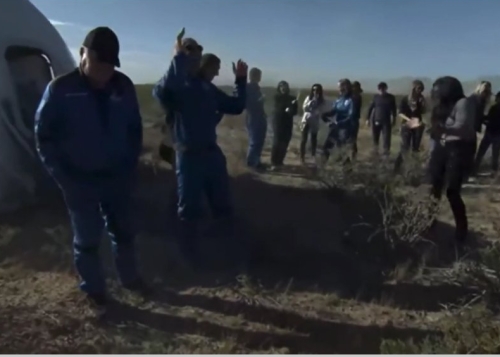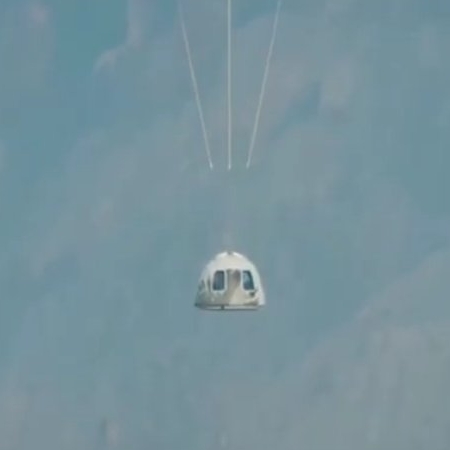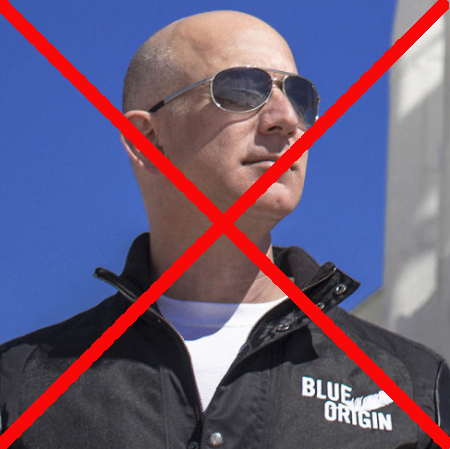Amazon files to have shareholder lawsuit dismissed
On December 11, 2023 Amazon requested dismissal of a shareholder lawsuit against it for acting in bad faith by excluding SpaceX in its initial launch contracts with ULA, Arianespace, and Blue Origin to put its Kuiper constellation of satellites into orbit.
The lawsuit claimed that the board performed little diligence on the proposed contracts to launch the 3,236-satellite constellation with the Ariane 6, New Glenn and Vulcan Centaur rockets. The combined contracts were, it stated, the second largest capital expenditure in Amazon’s history at the time, trailing only its $13.7 billion acquisition of grocer Whole Foods.
The lawsuit stated that the board and its audit committee spent “barely an hour” reviewing those contracts, including those that would go to Blue Origin and ULA. Blue Origin is owned by Amazon founder and former chief executive Jeff Bezos, while ULA has a contract with Blue Origin to use BE-4 engines on its Vulcan rocket. The suit estimated that nearly 45% of the value of the contracts goes to Blue Origin either directly or through the BE-4 engine contract with ULA.
Amazon’s call for dismissal disputes these claims, stating that the board spent far more time on the issue, and then documents this. Interestingly, it makes no mention of the recent additional launch contract Amazon signed with SpaceX on December 3, 2023, but it is obvious that this filing was timed to occur afterward in order to strengthen Amazon’s case.
Amazon’s response (available at the link above) is heavily redacted, so some of the company’s claims are difficult to assess. For example, if the board did consider the issue of launch contractors properly, the subject of using SpaceX should have come up and been discussed at length. The redactions make it impossible to determine if this was so. If anything, what can be read suggests SpaceX was dismissed as an option far too quickly.
On December 11, 2023 Amazon requested dismissal of a shareholder lawsuit against it for acting in bad faith by excluding SpaceX in its initial launch contracts with ULA, Arianespace, and Blue Origin to put its Kuiper constellation of satellites into orbit.
The lawsuit claimed that the board performed little diligence on the proposed contracts to launch the 3,236-satellite constellation with the Ariane 6, New Glenn and Vulcan Centaur rockets. The combined contracts were, it stated, the second largest capital expenditure in Amazon’s history at the time, trailing only its $13.7 billion acquisition of grocer Whole Foods.
The lawsuit stated that the board and its audit committee spent “barely an hour” reviewing those contracts, including those that would go to Blue Origin and ULA. Blue Origin is owned by Amazon founder and former chief executive Jeff Bezos, while ULA has a contract with Blue Origin to use BE-4 engines on its Vulcan rocket. The suit estimated that nearly 45% of the value of the contracts goes to Blue Origin either directly or through the BE-4 engine contract with ULA.
Amazon’s call for dismissal disputes these claims, stating that the board spent far more time on the issue, and then documents this. Interestingly, it makes no mention of the recent additional launch contract Amazon signed with SpaceX on December 3, 2023, but it is obvious that this filing was timed to occur afterward in order to strengthen Amazon’s case.
Amazon’s response (available at the link above) is heavily redacted, so some of the company’s claims are difficult to assess. For example, if the board did consider the issue of launch contractors properly, the subject of using SpaceX should have come up and been discussed at length. The redactions make it impossible to determine if this was so. If anything, what can be read suggests SpaceX was dismissed as an option far too quickly.



